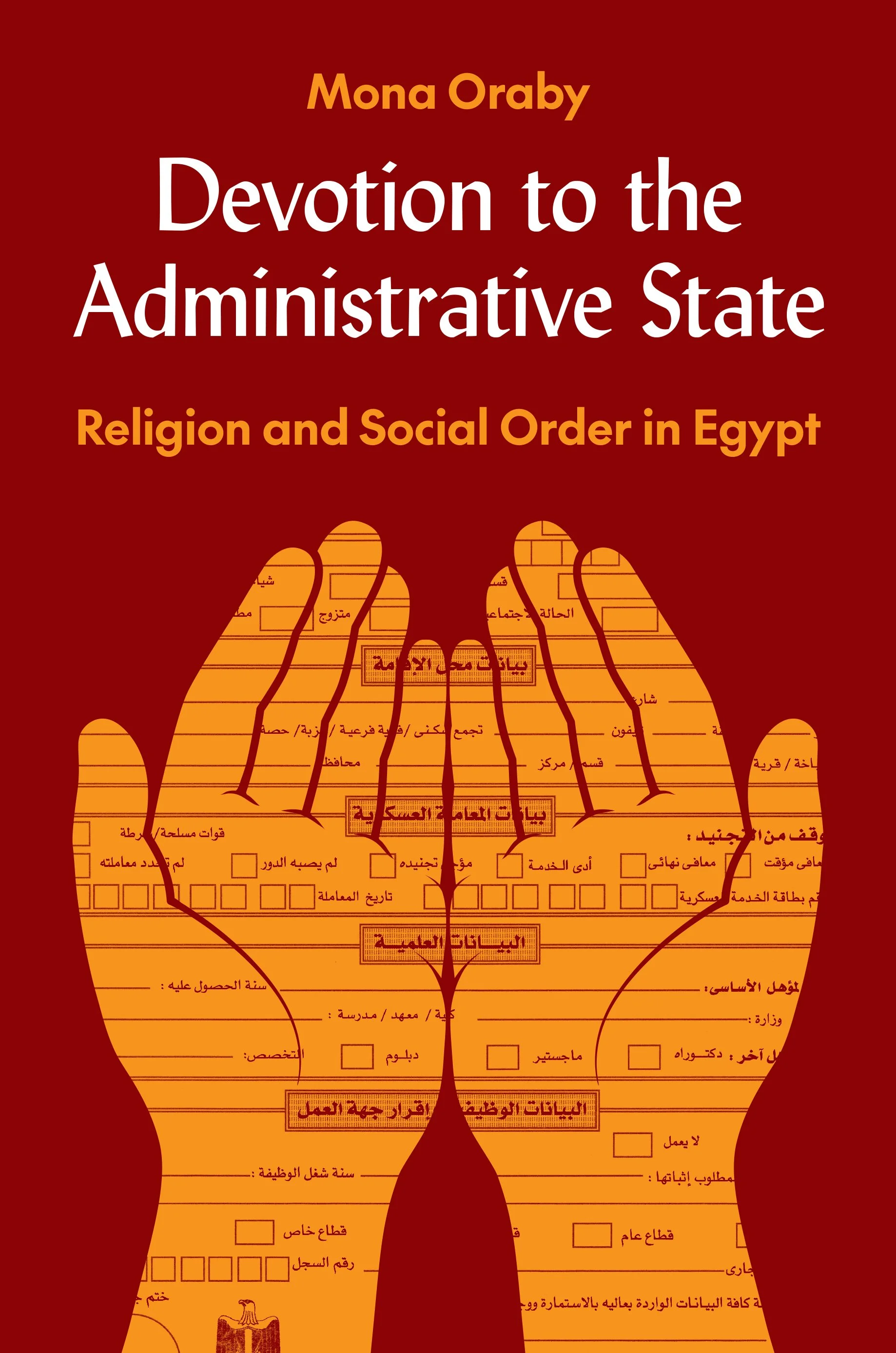Available now
Available now
30% off with code P325 at press.princeton.edu
Over the past decade alone, religious communities around the world have demanded state recognition, exemption, accommodation, or protection. They make these appeals both in states with a declared religious identity and in states officially neutral toward religion. In this book, Mona Oraby argues that the pursuit of official recognition by religious minorities amounts to a devotional practice. Countering the prevailing views on secularism, Oraby contends that demands by seemingly marginal groups to have their religious differences recognized by the state in fact assures communal integrity and coherence over time. Making her case, she analyzes more than fifty years of administrative judicial trends, theological discourse, and minority claims-making practices, focusing on the activities of Coptic Orthodox Christians and Baháʼí in modern and contemporary Egypt.
Oraby documents the ways that devotion is expressed across a range of sites and sources, including in lawyers’ offices, administrative judicial verdicts, televised media and film, and invitation-only study sessions. She shows how Egypt’s religious minorities navigated the political and legal upheavals of the 2011 uprising and now persevere amid authoritarian repression. In a Muslim-majority state, they assert their status as Islam’s others, finding belonging by affirming their difference; and difference, Oraby argues, is the necessary foundation for collective life. Considering these activities in light of the global history of civil administration and adjudication, Oraby shows that the lengths to which these marginalized groups go to secure their status can help us to reimagine the relationship between law and religion.Reviews
“If you think ‘the state’ is its own kind of four-letter word, Mona Oraby’s study of religious minorities in Egypt is going to provide a bit of a jolt. But persevere, and listen—not only to her distinctive voice, but to those to whom she listened in the law offices and public squares of Cairo. Devotion to the Administrative State is a thought-provoking and trenchant book, a major new study that should be required reading for students interested in the nexus of law and religion.”
—Matthew Engelke, Columbia University
“By giving us detailed ethnographic vignettes and legal documentation, Mona Oraby brilliantly shows that the Coptic and Baháʼí communities in Egypt are not seeking equality before the law but recognition of religious difference. This perspective turns our attention from the majoritarian state to the communal life of its minorities. Oraby’s argument has a broad significance beyond the Egyptian case and her book is a must-read for those interested in the relation between majority religions and minority religions.”
—Peter van der Veer, author of The Modern Spirit of Asia
“Both firmly grounded in empirical research and imaginative in its argumentation, Devotion to the Administrative State shows us not simply how individuals and especially communities experience the state but also how marginal groups can invoke law and the state, seeking not to be left alone but to be recognized.”
—Nathan J. Brown, author of Arguing Islam after the Revival of Arab Politics
